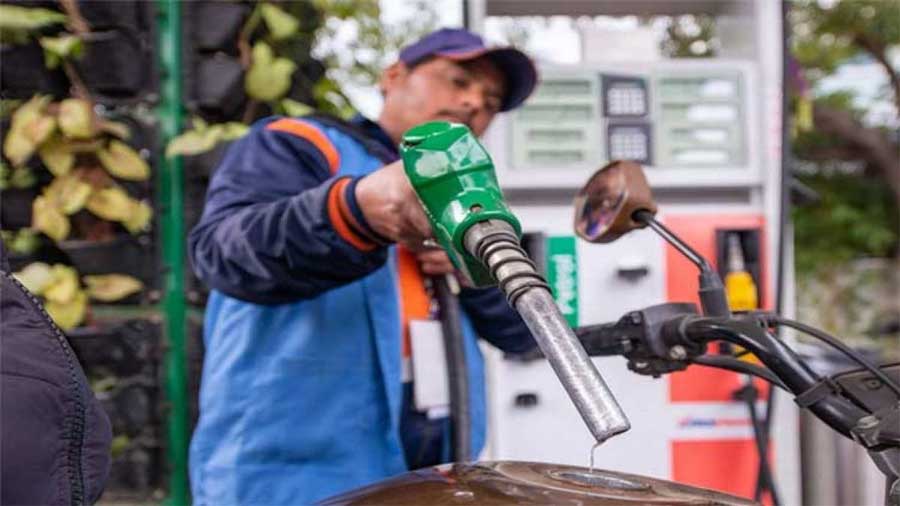KARACHI: The foreign exchange reserves held by the country have increased to 23,179.4 million after the State Bank of Pakistan (SBP) received $2.5 billion as proceeds of Eurobonds floated by the government.
According to the central bank, its reserves have reached $16,027.20 million, showing their highest level since July 2017. On the other hand, the foreign exchange reserves held by commercial banks stand at $7,152.20 million.
The SBP on Thursday said that it has received government proceeds of $2.5 billion Eurobonds issuance in its account.
Earlier, a statement issued from the Finance Ministry said that Pakistan had entered the international capital market after a gap of over three years by successfully raising USD 2.5 billion through a multi-tranche transaction of 5-, 10- and 30-year Eurobonds.
The transaction generated great interest as leading global investors from Asia, Middle East, Europe and the US participated in the global investor calls and the order book.
This is for the first time that Pakistan has adopted a programme-based approach with registration of Global Medium-Term Note (GMTN) programme. The program will allow Pakistan to tap the market at short notice. The government intends to make full use of this programme and become a regular issuer in the international capital markets.
Meanwhile, the Sensitive Price Indicator (SPI) based weekly inflation for the week ended on April 08, for the combined consumption group, witnessed an increase of 0.62 percent as compared to the previous week.
The SPI for the week under review in the aforementioned group was recorded at 148 points against 147.12 points registered on April 01, according to the latest data of Pakistan Bureau of Statistics (PBS).
The SPI for the combined group increased by 18.43 percent compared to the corresponding period of the last year. The index was recorded at 124.97 points a year ago, on Apr 09, 2020.
The weekly SPI with base year 2015-16=100 is covering 17 urban centres and 51 essential items for all expenditure groups. Out of the 51 monitored items, the average price of 18 items increased, 13 items decreased whereas 20 items registered no change during the week.
The weekly SPI percentage change by income groups showed that SPI increased across all quantiles ranging between 0.51 percent and 0.62 percent. The lowest income group witnessed a weekly increase of 0.51 percent while the highest income group recorded an increase of 0.62 percent.
On a yearly basis, analysis of SPI change across different income segments showed that SPI increased across all quantiles ranging between 17.15 percent and 21.97 percent.
Yearly SPI for the lowest income group increased by 21.97 percent while the highest income group recorded an increase of 17.15 percent.
The average price of Sona urea stood at Rs1,748 per 50-kg bag which is 0.17 percent lower than last week’s price and 3.99 percent higher when compared to last year. Meanwhile, the average cement price was recorded at Rs614 per 50kg bag, which is 0.33 percent higher than the previous week and 12.45% higher than prices last year.
Earlier last week, the SPI-based inflation for the week ended on April 1, for the combined consumption group, witnessed a decrease of 0.43 percent as compared to the previous week, while on a year-on-year basis, the SPI had witnessed an increase of 17.21 percent. – TLTP
Sign in
Welcome! Log into your account
Forgot your password? Get help
Password recovery
Recover your password
A password will be e-mailed to you.






